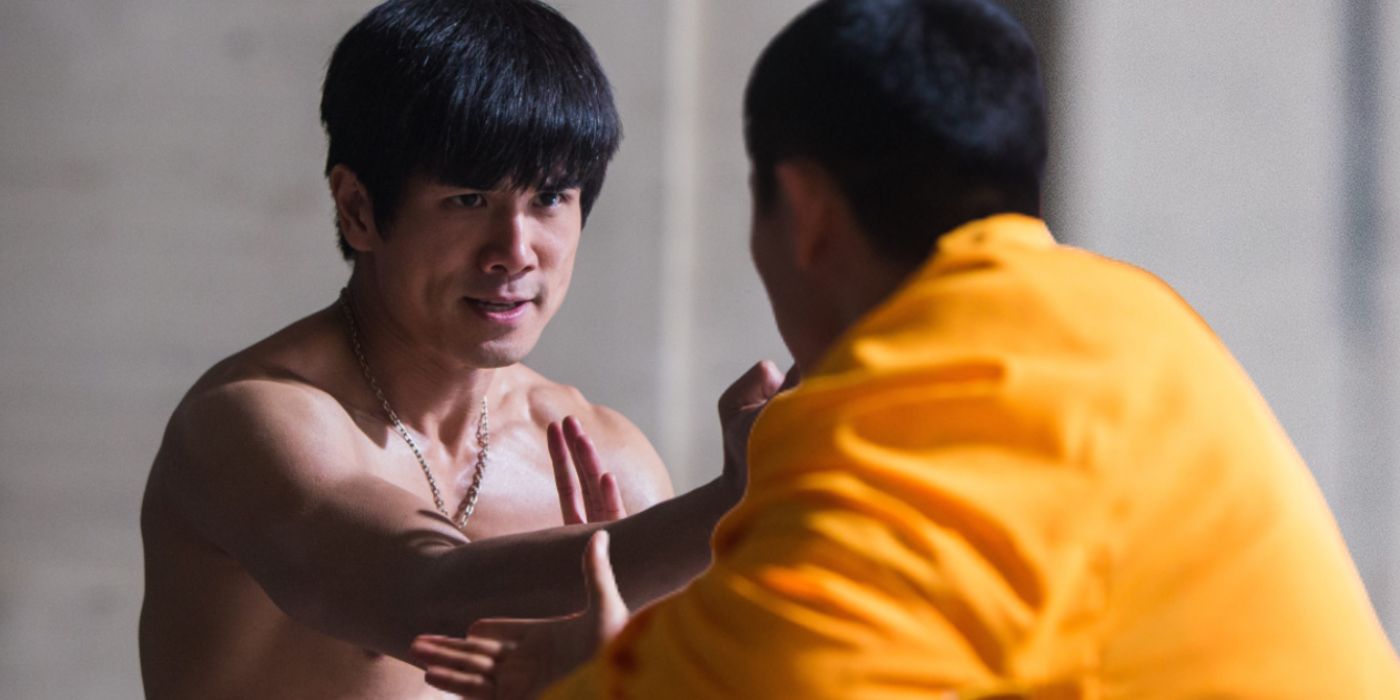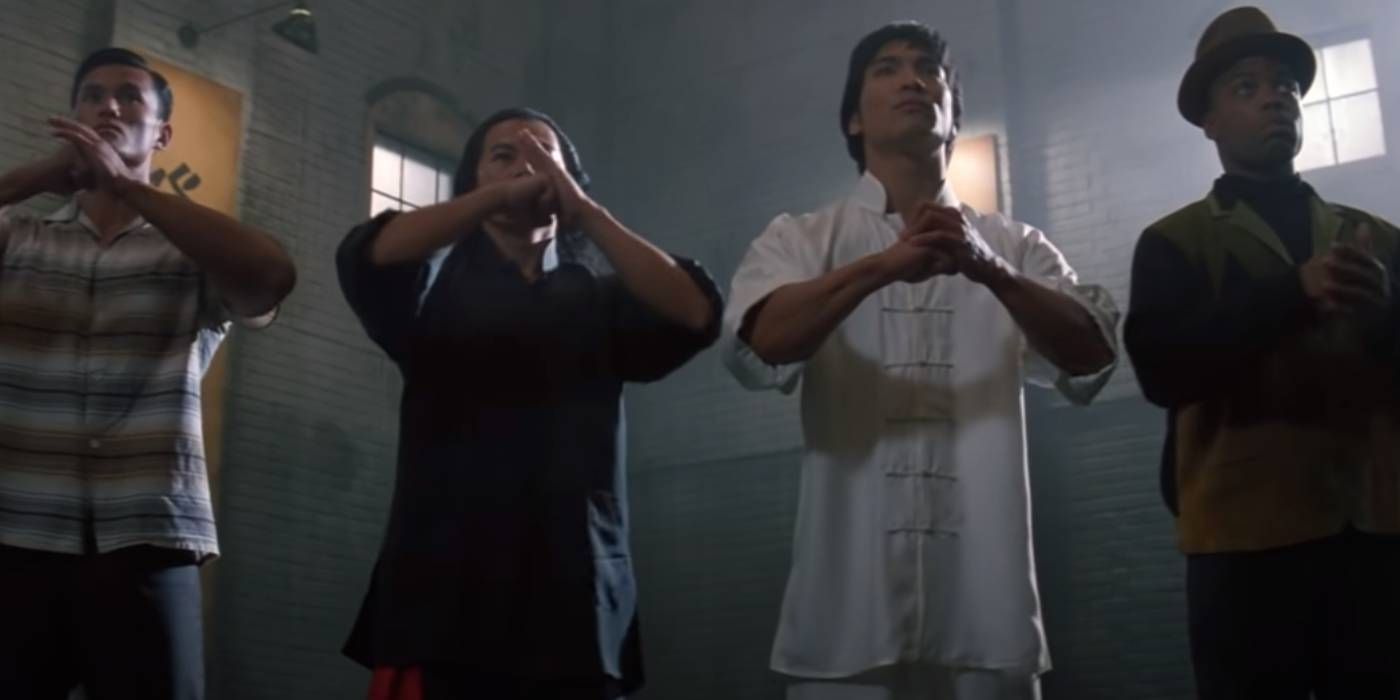
Bruce Lee's famed fight with Wong Jack-man has been recreated on film twice, but while both of these portrayals diverge from the facts of the original match, there are good reasons for the inaccuracies. Bruce Lee's development of Jeet Kune Do was born out of his fight with Wong, which took place in San Francisco in 1964. The fight was later depicted in the 1993 biopic Dragon: The Bruce Lee Story and again in 2017's Birth of the Dragon.
Aside from the fact of the fight's occurrence and Lee's dissatisfaction with the outcome leading to his creation of Jeet Kune Do, the versions of the fight seen in both films are almost entirely fictionalized. One of the major reasons for this is the lack of consensus on many details of the fight, with even eyewitness accounts varying greatly. This extends to the duration of the fight, which has been, at different times, reported as being a quick match of a few minutes and as one lasting as long as 25 minutes. Accounts of Lee and Wong's motivations for the fight also vary considerably, as well.
Any movie attempting to sift through the specifics of Bruce Lee and Wong Jack-man's match would encounter a very different version of events depending on who is telling the story. Both Dragon: The Bruce Lee Story and Birth of the Dragon adopt Bruce Lee's well-known virtue of simplicity in establishing the fight itself as a historic fact. Beyond that, both films take creative license where they need to, which feeds into the other big reason for their historical inaccuracies.

Both movies aim to tell very different stories with the life of Bruce Lee as their basis. Dragon: The Bruce Lee Story acts as a biopic in the full sense, while the heavily fictionalized Birth of the Dragon zeroes in on Lee's fight with Wong as a pivotal moment in his life. With their different agendas, the two movies have to show the Lee versus Wong fight in a way that best fits their respective stories. That also makes a strict adherence to the facts of the fight — already hard enough to pin down — an even tougher proposition.
Dragon: The Bruce Lee Story presents the fight as highly ritualized and even changes Wong's name to Johnny Sun (played by John Cheung). The unconnected real-life back injury of Bruce Lee (Jason Scott Lee) is also merged with the fight as a result of Sun kicking Lee in the back. Additionally, the two have a fictional rematch months later that leads directly to Lee being cast as Kato on The Green Hornet. Birth of the Dragon emphasizes the mythic nature of the fight, depicting Wong Jack-man (Xia Yu) as a Shaolin monk and his fight with Bruce Lee (Philip Ng) as a life-changing match for Lee.
Both versions condense details of Lee's life and those of the fight in a way that streamlines them into different stories about Lee's growth as a human, philosopher, and martial artist. While neither Dragon: The Bruce Lee Story nor Birth of the Dragon is literally a true account of Lee's fight with Wong, both place their attention on how important the fight was for Lee. In his showdown with Wong years before his rise to fame, Bruce Lee came to deepen his martial arts knowledge beyond his Wing Chun training with Ip Man. The two movies get that much right because that is the most important outcome of Bruce Lee's legendary fight with Wong Jack-man.
Comments
Post a Comment